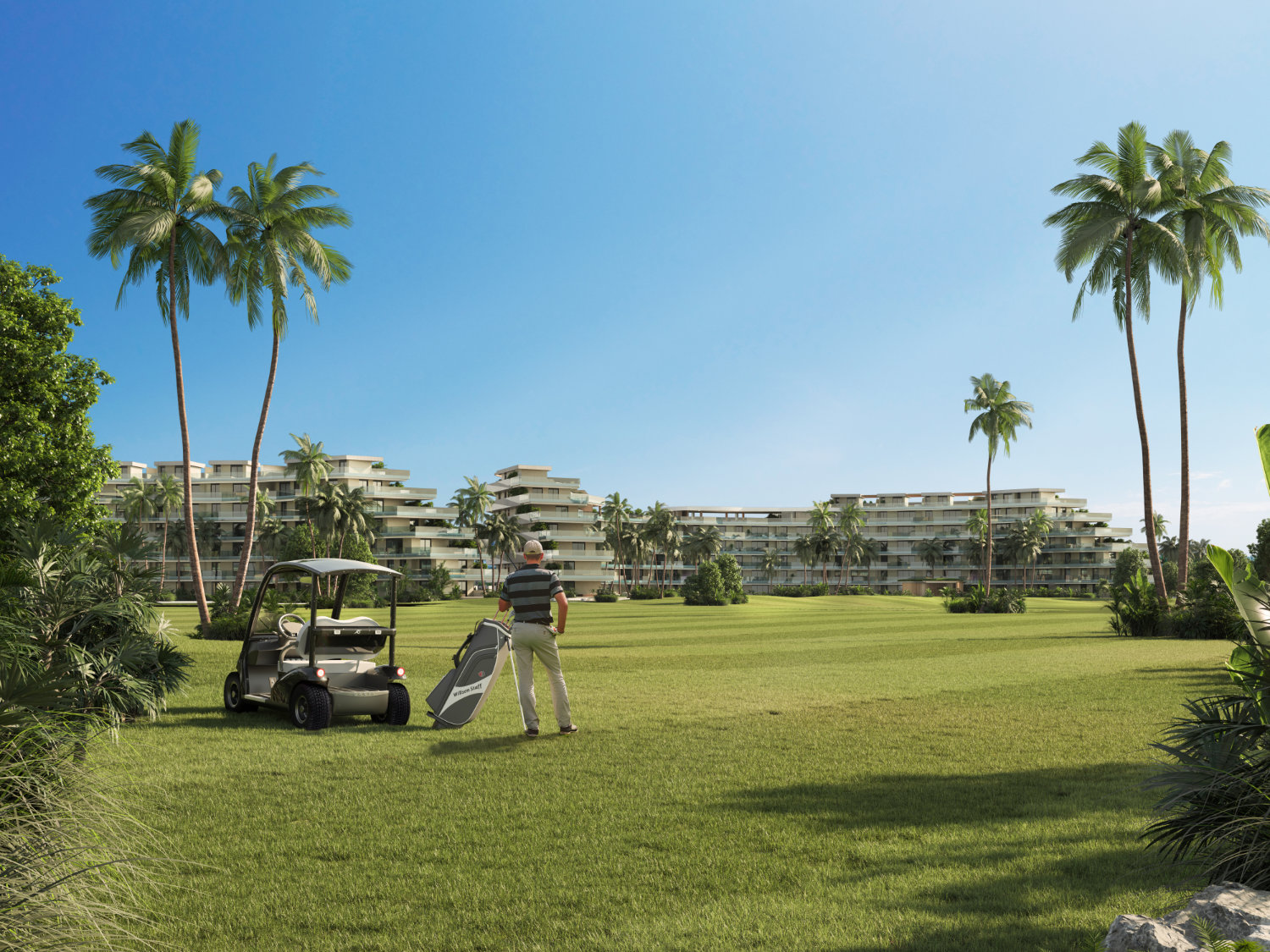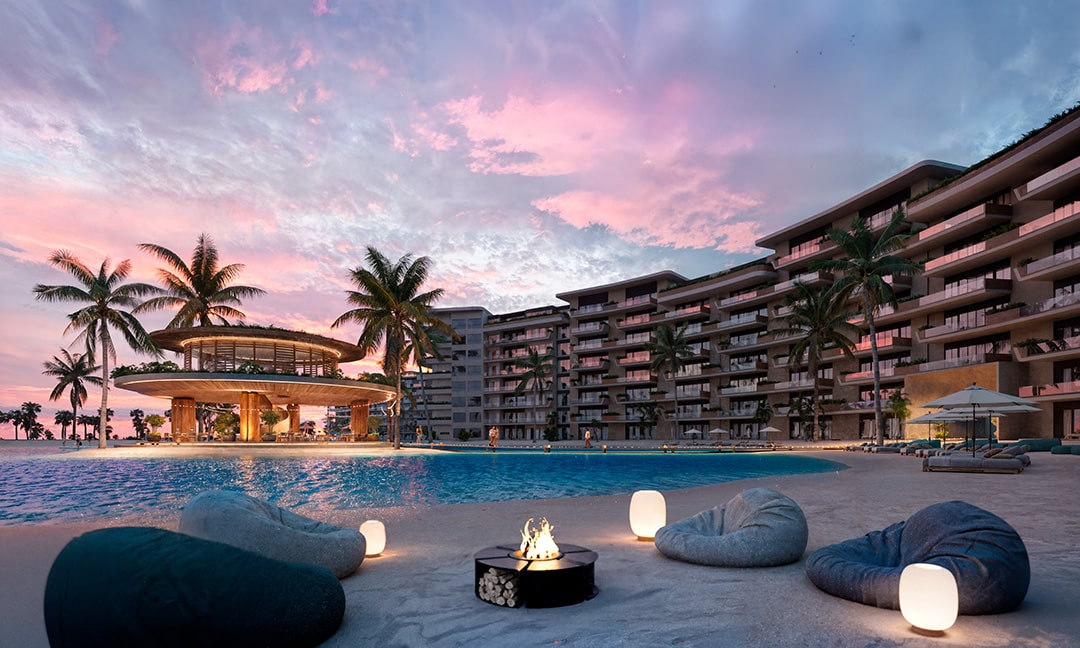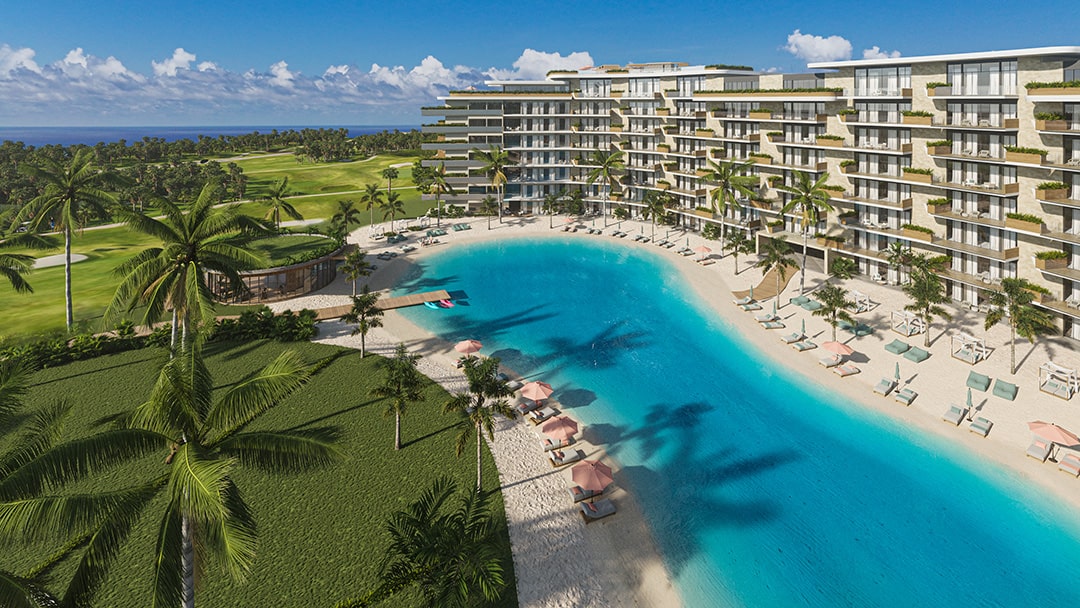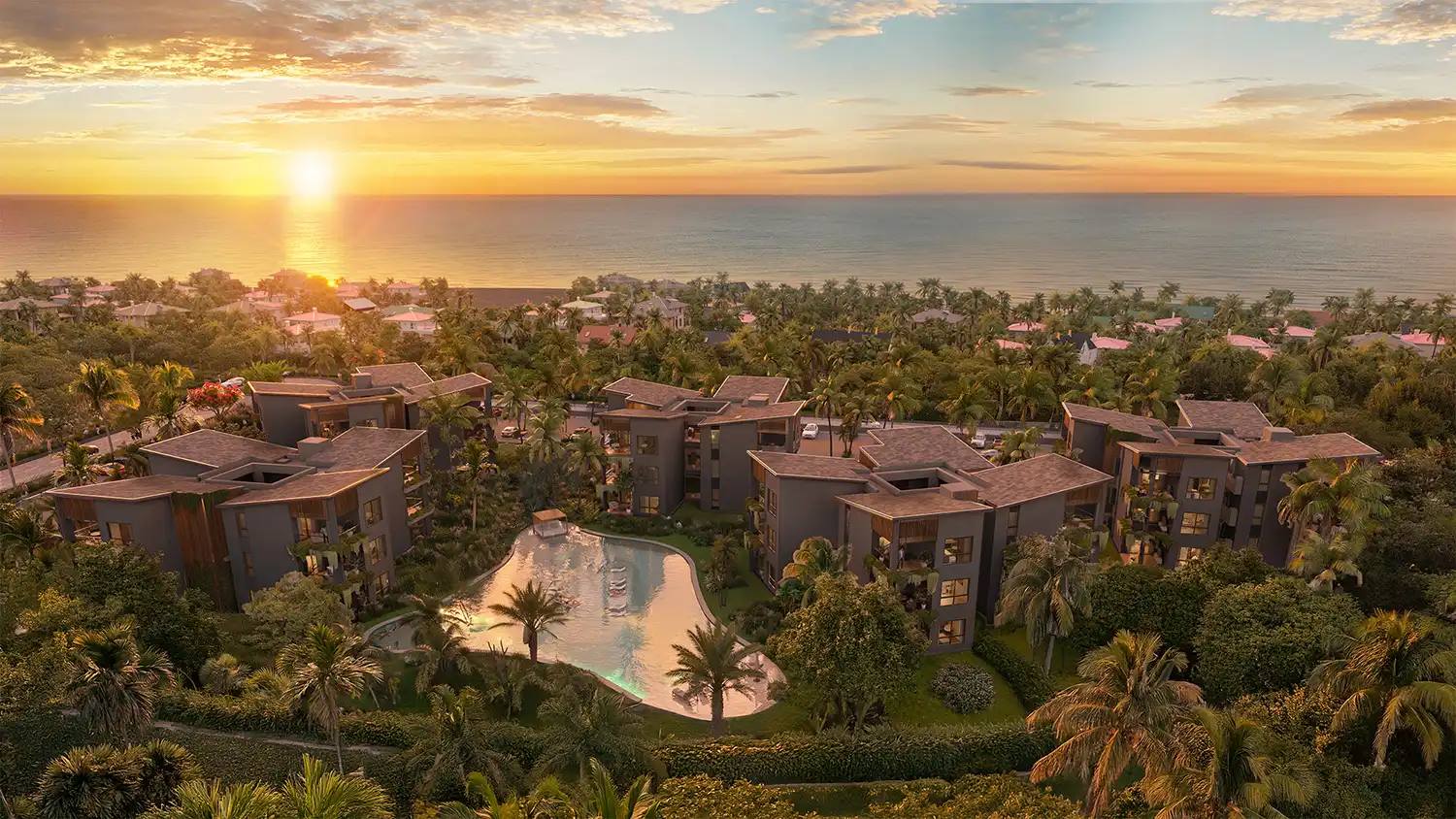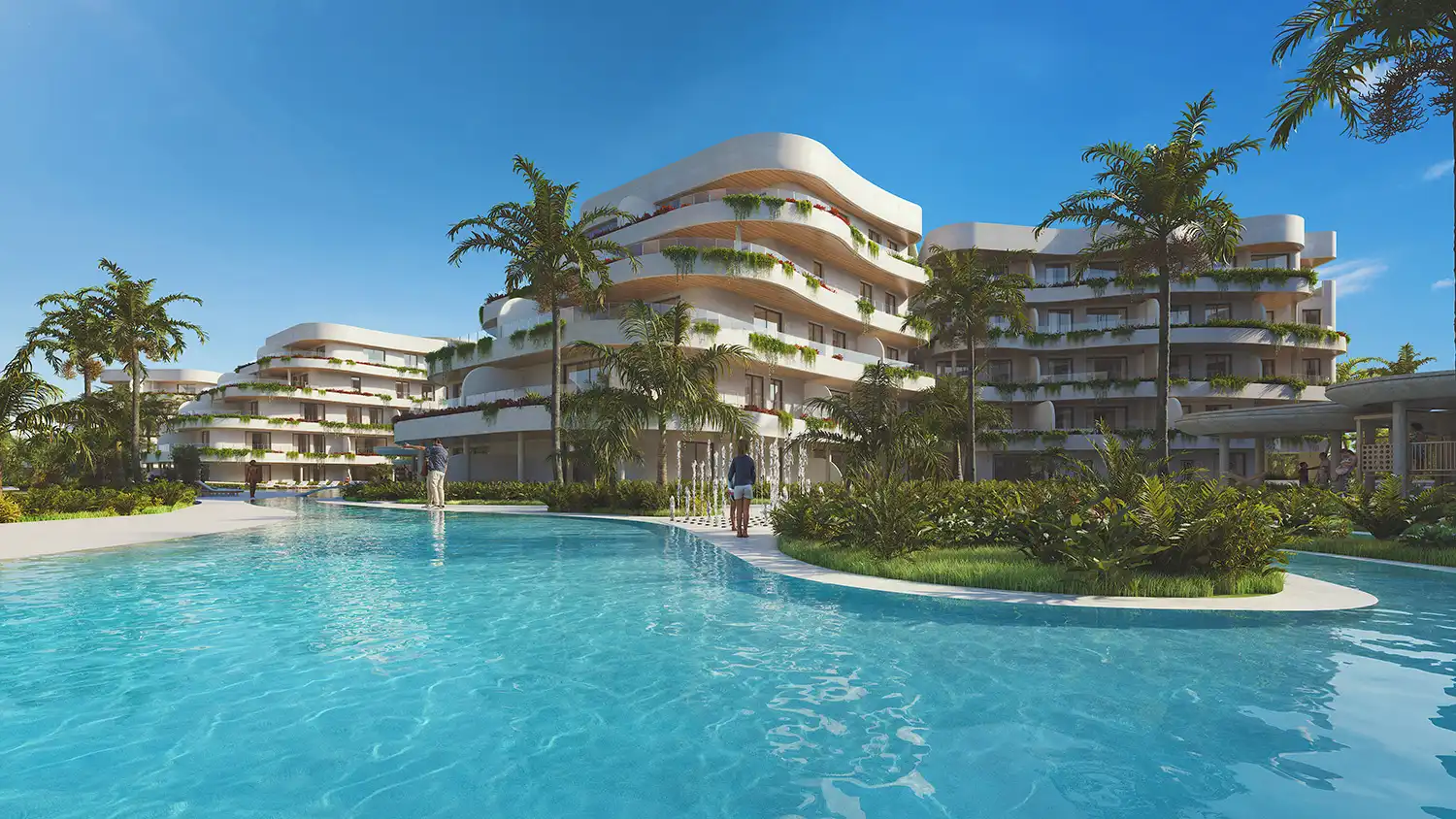In 2025, the convergence of real estate market trends, global travel recovery, and shifting investor priorities has created a rare window of opportunity for North American buyers. Particularly in the Caribbean region and the Dominican Republic, pre-construction vacation properties are capturing attention for their dual appeal: a personal paradise and a high-potential investment.
For Canadians and Americans seeking diversification, lifestyle enhancement, or passive rental income, these destinations offer accessible entry points, favourable legal frameworks, and increasing tourist demand. This article explores why 2025 stands out as the ideal year to seize pre-construction opportunities abroad, with a special focus on the Caribbean’s most promising markets.
1. Understanding 2025 Real Estate Trends
Global Travel Rebound Fuels Demand for Vacation Homes
The post-pandemic recovery in global travel is projected to reach pre-2020 levels by mid-2025, according to recent data from the World Tourism Organization. With more Americans and Canadians resuming international vacations, the Caribbean, long favoured for its proximity and tropical allure, is experiencing a strong resurgence in tourism and short-term rental demand.
Regions like Punta Cana, Puerto Plata, and Cap Cana in the Dominican Republic are witnessing a surge in traveler interest, directly influencing property demand and price appreciation.
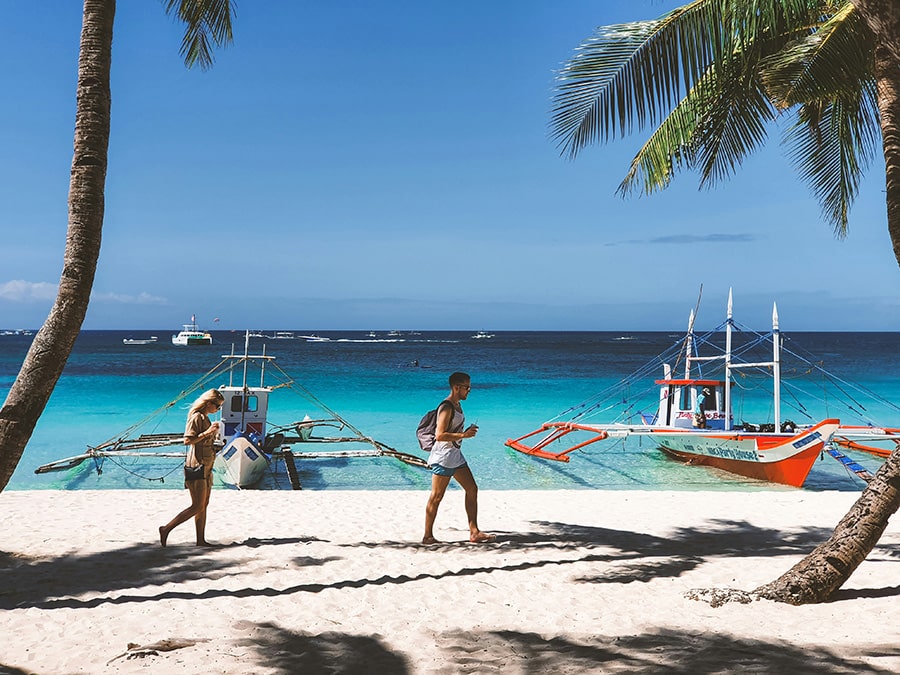
Diversification and Lifestyle Investing Go Mainstream
North American investors are increasingly turning toward lifestyle-based investment strategies. Instead of conventional rental-only properties, many are opting for vacation homes that serve a dual function, personal use during part of the year, and income-generating assets during high seasons.
Pre-construction developments in the Dominican Republic and across the Caribbean cater to this trend by offering resort-style amenities, hotel management services, and hassle-free rental programs designed for international owners.
Rise of Remote Work and Digital Nomad Culture
With remote work now a permanent part of the labor landscape, affluent professionals are seeking longer international stays, blending work with leisure. The Caribbean—offering reliable internet, co-working spaces, and scenic living—has become a magnet for digital nomads.
Developers are responding by including remote-work-friendly features in their pre-construction vacation units, such as smart home systems, dedicated office spaces, and secure, high-speed connectivity.
2. The Rise of Vacation Home Investment in 2025
Lifestyle Meets ROI: The New Investor Mindset
In 2025, North American investors are no longer choosing between lifestyle and returns—they’re demanding both. The Dominican Republic and wider Caribbean region have responded with a new wave of pre-construction vacation properties that offer high-end living experiences alongside reliable rental income potential.
Developments in hotspots like Punta Cana, Las Terrenas, and Cabarete offer luxury finishes, beachfront access, and community amenities while remaining priced far below comparable U.S. or Canadian coastal properties. This balance is redefining how investors evaluate real estate abroad—not just for capital gains, but for quality-of-life enhancement.
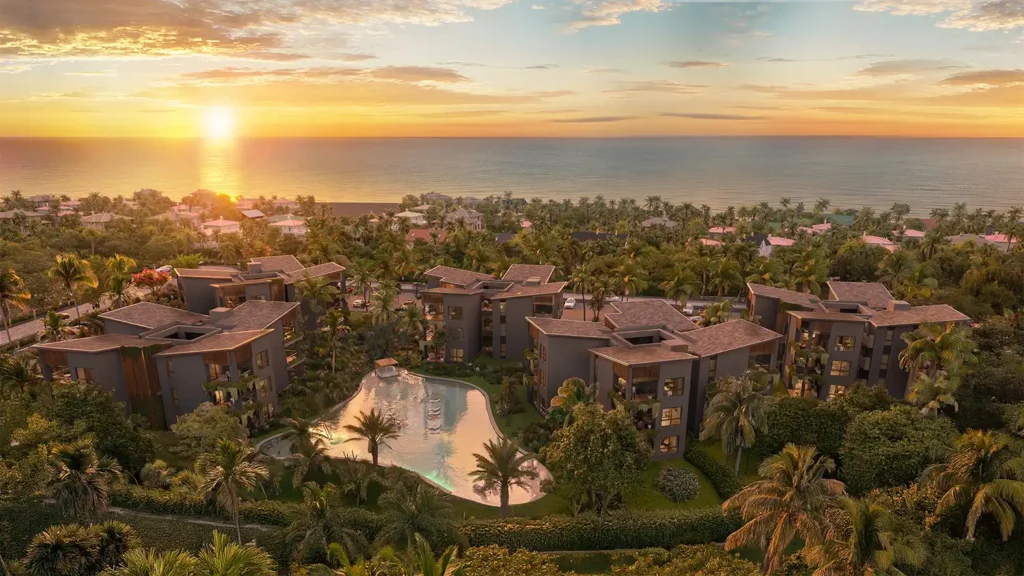
Key Motivators: Passive Income, Second Home, and Retirement Strategy
Many North Americans are motivated by a blend of financial and personal goals:
- Passive Income: Short-term vacation rentals managed by local or branded hospitality firms can yield 8–12% annually in gross returns in popular Caribbean locations.
- Second Home Comfort: Investors want a vacation-ready property they can personally enjoy during specific seasons, reducing their hotel spending and ensuring a more personalized travel experience.
- Retirement Planning: Early investments in pre-construction units often double as future retirement homes—purchased today at lower prices and appreciated by the time the buyer is ready to retire.
Tourism Growth in the Caribbean: Fueling Property Demand
Caribbean tourism is poised for robust growth in 2025, bolstered by direct international flight routes, government-supported tourism initiatives, and an influx of digital marketing campaigns targeting North American travelers. The Dominican Republic alone welcomed over 10 million tourists in 2024 and is projected to exceed 11 million in 2025, according to the country’s Ministry of Tourism.
This tourism influx increases the demand for high-quality accommodations, particularly those that combine privacy with resort-style service—a profile that perfectly matches the pre-construction vacation home segment. As a result, rental occupancy rates in these new developments are anticipated to remain strong year-round.
4. Emerging Markets for International Pre-Construction Deals
The Dominican Republic: Caribbean’s Fastest-Growing Investment Haven
With its stable political climate, investor-friendly real estate laws, and robust tourism industry, the <strong>Dominican Republic</strong> remains the crown jewel of the Caribbean for pre-construction investment. Areas like Punta Cana, Cap Cana, and Las Terrenas are experiencing a building boom, backed by both local and foreign developers targeting the luxury vacation rental market.
North American investors are particularly drawn to the DR’s simple property ownership laws (with 100% foreign ownership allowed), visa-free entry for most Western passport holders, and short direct flights from major U.S. and Canadian cities. Government-backed infrastructure projects, such as expanded airports and highways, further enhance the long-term appeal of owning here.
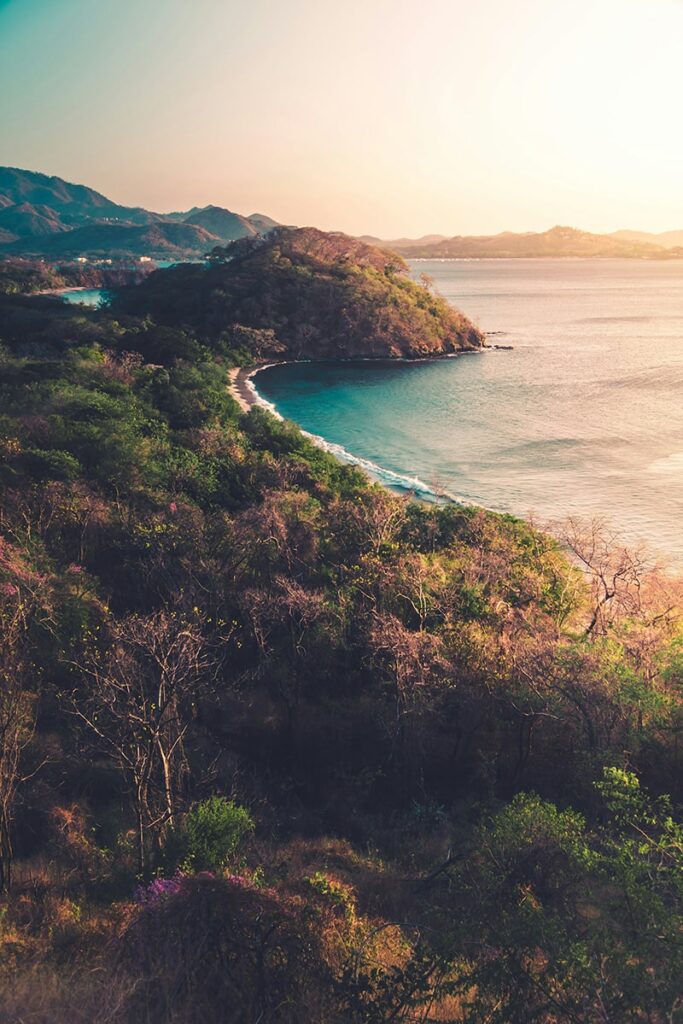
Costa Rica: Eco-Luxury Meets Reliable ROI
Renowned for its biodiversity and sustainable development, Costa Rica is one of the most established markets for vacation property investment in Latin America. Pre-construction opportunities in Tamarindo, Nosara, and the Central Pacific Coast offer a blend of natural beauty, eco-conscious architecture, and steady rental returns driven by high U.S. tourism numbers.
The country’s pro-environment policies and long-standing democracy make it a safe haven for foreign investors. Many new developments emphasize wellness living—offering yoga decks, nature trails, and organic kitchens, which appeal to a niche yet growing segment of North American vacationers and long-term renters.
Mexico: A Powerhouse of Caribbean and Pacific Coast Opportunities
Mexico continues to be a leader in the international pre-construction space thanks to its well-developed tourism infrastructure and favorable pricing. In the Riviera Maya—especially hotspots like Tulum, Playa del Carmen, and Puerto Aventuras—pre-construction condos and villas are being snapped up by Canadian and American buyers looking for a mix of beachside living and rental potential.
Mexico’s Fideicomiso trust structure allows foreigners to securely purchase property near the coast, while new developments often come bundled with professional property management services. This turnkey appeal makes it one of the most practical and scalable investment choices in the Western Hemisphere.
5. Economic and Policy Drivers Supporting Global Real Estate
Currency Exchange Advantages for North American Buyers
In 2025, the strength of the U.S. and Canadian dollars continues to give North American investors considerable purchasing power in emerging real estate markets like the Dominican Republic, Costa Rica, and Mexico. With favorable exchange rates, investors can acquire luxury beachfront properties for a fraction of what comparable assets would cost domestically.
This currency leverage translates into more attractive entry prices and higher rental income margins, particularly when properties are priced in local currency but rented to international tourists paying in USD or CAD.
“The numbers in the DR just make sense, for a fraction of what I’d spend on a condo in Ontario, I can buy a luxury ocean-view condo in a resort community that cash flows from day one.” – Ryan Coyle, A seasoned real estate investor with 40+ Doors
Investor-Friendly Residency and Tax Incentives
Many Caribbean and Latin American nations are actively courting foreign investors with generous residency and tax benefits. For instance:
- Dominican Republic: Offers a streamlined residency process for foreign property owners and no restrictions on property ownership.
- Costa Rica: Grants temporary residency for those investing $150,000 USD or more in real estate, which can lead to permanent status.
- Mexico: Provides investor visas and allows full-time residency through property investment, especially appealing for retirees and remote workers.
These incentives not only reduce barriers to entry but also enable investors to spend more time at their properties, making the dual-use lifestyle more feasible.
Bilateral Agreements and Ownership Protections
Countries like Mexico, Costa Rica, and the Dominican Republic maintain bilateral agreements with the United States and Canada that help protect foreign property owners. These include investment protection treaties and legal frameworks that support transparent transactions and recourse mechanisms in the event of disputes.
Additionally, most reputable pre-construction developers offer legal guarantees and escrow-backed purchasing processes, helping to reduce perceived risk and enhance investor confidence. When combined with bilingual legal teams and local real estate professionals, North American investors can safely and efficiently navigate international acquisitions.
Key Considerations Before Investing Abroad
Legal Due Diligence and Developer Credibility
Investing in pre-construction properties—especially internationally—requires careful legal due diligence. Before signing any contracts, North American investors should ensure the developer has a clear land title, valid construction permits, and a proven track record of delivering completed projects on time.
In markets like the Dominican Republic, Costa Rica, and Mexico, many reputable developers cater specifically to foreign buyers and offer full transparency, including escrow-backed payment systems and third-party legal review. Hiring a bilingual attorney familiar with local real estate law is essential for protecting your investment and navigating regulatory nuances.
Property Management and Rental Operations
While owning a vacation property abroad is appealing, managing it from afar can be challenging without the right support. Fortunately, most new developments in the Caribbean and Latin America come with built-in <strong>property management services</strong>, often operated by well-known hospitality brands or local rental specialists.
These services typically handle guest communication, cleaning, repairs, and marketing through platforms like Airbnb or Booking.com—freeing the owner from day-to-day responsibilities while maximizing occupancy and returns. Before purchasing, investors should confirm whether management is included, optional, or outsourced, and what the fee structure looks like.
Tax Obligations and Foreign Ownership Regulations
Each country has its own set of rules regarding taxation, rental income, and foreign ownership. For example:
- Dominican Republic: Offers favorable property tax exemptions for the first 15 years under certain laws (Confotur), and no capital gains tax for residents.
- Costa Rica: Taxes rental income and imposes annual property taxes but allows for many deductions. Ownership by foreigners is unrestricted.
- Mexico: Requires property purchases in coastal zones to be made via a bank trust (<em>fideicomiso</em>) or Mexican corporation, and tax rates vary by residency status.
It is critical for North American investors to consult with both local and home-country tax advisors to understand any reporting obligations, potential tax treaties, and strategies for minimizing liability across borders.
Conclusion
The year 2025 marks a unique convergence of economic recovery, technological innovation, and investor demand—making it the perfect time to enter the international vacation property market. For North American investors, the Caribbean region, particularly the Dominican Republic, Costa Rica, and Mexico, offers an unmatched blend of lifestyle enrichment and financial opportunity.
Pre-construction properties stand out for their affordability, appreciation potential, and modern amenities. Whether your goal is to build passive income, secure a second home, or diversify your real estate portfolio, these emerging markets provide a compelling and accessible path forward. From the thriving developments in Punta Cana to eco-luxury retreats in Guanacaste and cultural capital in Tulum, the window of opportunity in 2025 is wide open.
Take it from investors like Ryan Coyle, who’s already capitalizing on these high-yield markets. His transition from domestic Canadian real estate to Caribbean pre-construction properties proves that the right international investment can be both personally rewarding and financially smart.
Ready to explore your next investment in the Caribbean?
Connect with our team today to learn more about exclusive pre-construction opportunities in the Dominican Republic, Mexico, and Costa Rica. Whether you’re a first-time international buyer or an experienced investor, we’ll guide you every step of the way.

